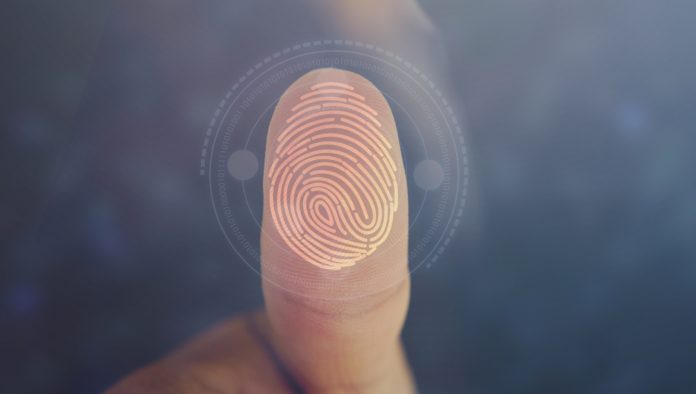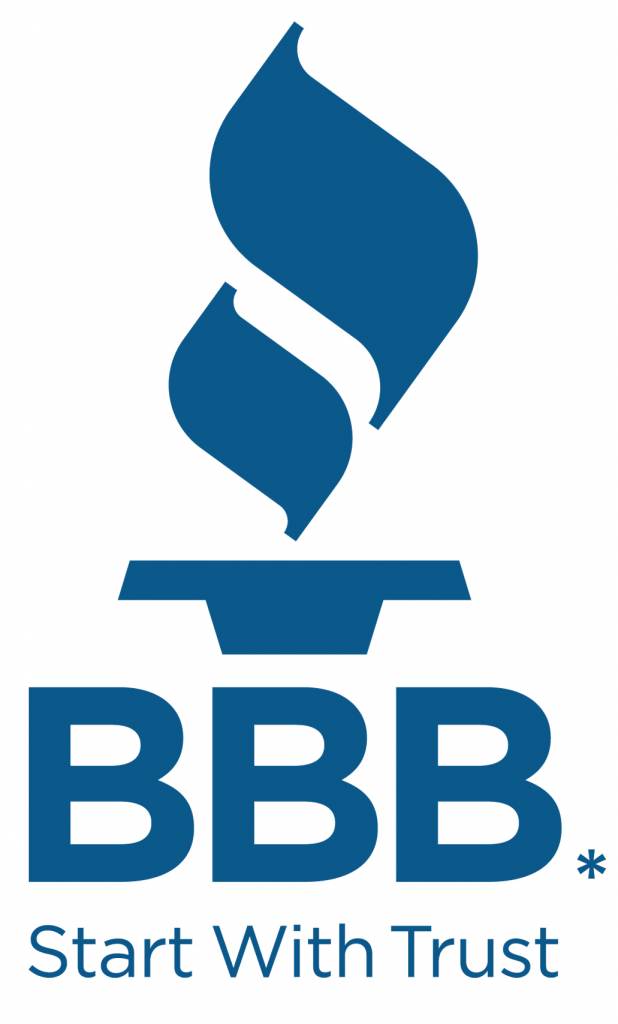Scammers have thought up a new con involving “free child safety kits.” According to recent BBB Scam Tracker reports, scammers are offering these free “kits” as a way to get their hands on sensitive information that can be used to steal a child’s identity.
How the Scam Works
You are contacted over the phone, on social media or via email by someone offering to provide free child safety kits to all children in your community. They might explain that police and safety officials recommend all parents keep a kit that contains up-to-date pictures of their child, the child’s height, weight, birthdate, fingerprints, as well as a strand of their hair. And while that part of the story is true, the supposedly free child safety kits come with a hidden catch or two.
Scammers may insist that to receive your kit, you need to tell them sensitive personal information about your child, including their full name, address, birthdate and Social Insurance Number. Some parents have even reported that the person who contacted them said that meeting the child in person at their home was a requirement.
If you give up your child’s personal information, they may become a victim of identity theft. Children are more likely to have their identities stolen than adults. Scammers know that people rarely, if ever, check their child’s credit report, which means they can get away with using a child’s name and information for years before being found out. In addition, children’s credit scores are a clean slate, making them an ideal target.
How to Avoid Scams Involving Your Children
- Never give your child’s personal information to a stranger. Be especially careful with your child’s Social Insurance Number.
- Be wary of unsolicited offers. Legitimate businesses and organizations won’t contact you out of the blue without first getting your permission. Government institutions will generally contact you by mail before making phone calls.
- Take precautions to protect your child’s identity. Check your child’s credit report annually for signs of fraud. Make sure your child’s school, doctor’s office, etc. will keep your child’s personal information safe if you opt to give it to them. Keep an eye out for red flags, such as bills or invoices mailed to your home in your child’s name.











